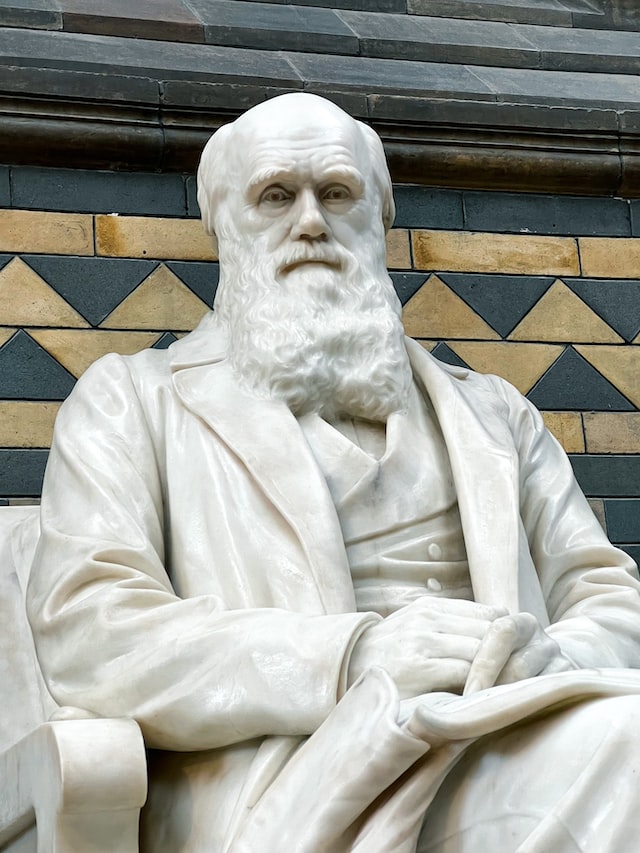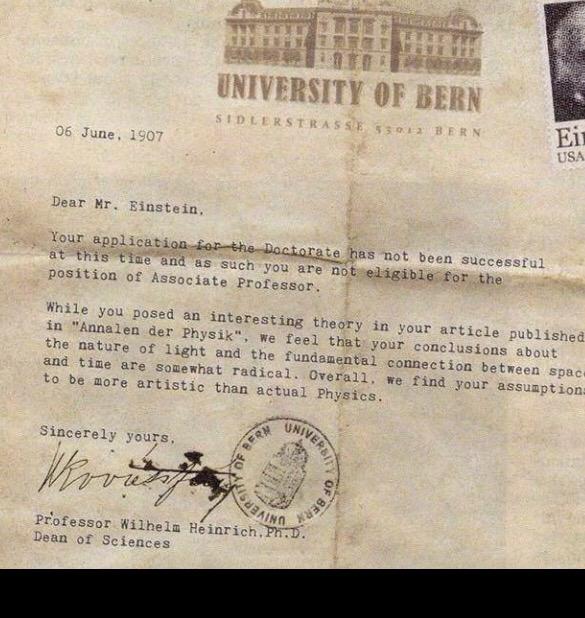The logic of scientific discoveries
What is science?
A superior kind of knowledge?
There is not definite science, but there is an ultimate scientific quest.
Science is the quest for the ultimate explanation of our universe.
Scientists dream of discovering the definitive explanation of all facts, the “theory of everything”
Thus they favour the simplest, most straightforward explanations, and the most comprehensive ones.
Science is therefore based on global explanations, also known as unifying theories, general theories or paradigms. Science dreams of absolute.
This is the big difference between science and other problem-solving activities. Indeed research is a daily activity: finding keys, jobs, love, criminals, compromises and solutions. Some have clear and simple goals. It is only the process that is partly unclear. Some have vague objectives. Some seem to depend on just one person. Others necessitate collaboration…
If scientists dream of finding the ultimate explanation, of being geniuses, apart and above, in practice scientific research is probably the most collaborative activity. Plus, science is always an ongoing research. No knowledge stays true forever. But real science is inspired by the scientific dream, and the reality of science is often too disappointing for many scientists. They should not. Science has produced amazing discoveries, and this alone plainly justifies it.
Over time, many scientists, either amateurs or professionals, have developed a corporatist view of science. For instance, they tend to speak of “theories” instead of “explanations” and give “theory” a slightly different meaning when speaking of science. They tend to emphasize “scientific method” and “methodology” as if these were the key to a special kind of knowledge.
Faced with discoveries that have necessitated extraordinary dedication and efforts, many people also tend to dismiss them. Which scientist has never heard, at least once, someone commenting “yes, of course, I knew it all alone” or “it is self-evident” about a discovery that they could not even have imagined beforehand?
Many distrust science. Scientific knowledge can change. The possibility of change induces the possibility of discussing change and of contesting knowledge. People who expect submission distrust scientific research, be they government officials, priests or academics, or their servants.
Learning and teaching science is therefore often a dangerous activity, one that may cost relationships, positions, careers, freedom, or life. But is it also a rewarding activity, one that may generate friendships, opportunities, fame, truth, happiness, and ultimately one that saves lives.
Illustrations
Trinity College Library, Dublin, Giammarco Boscaro / Unsplash
Statue of Darwin, British Natural History Museum, London, Nathan Langer / Unsplash
Professor Wilhelm Heinrich, University of Bern, Letter to Dr. Albert Einstein [well you knew this was not real]
Learn more :
A recent testimony about the quest for the “theory of everything” in physics by Heinrich Päs.
The Theory of Everything a 2014 movie inspired by the life and work of Stephen Hawking.


